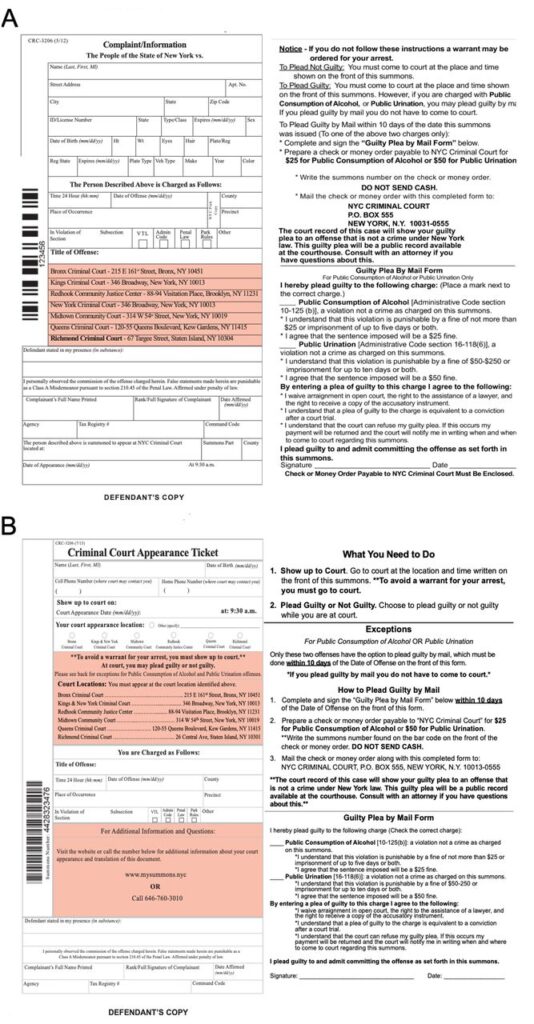Guest post by Jeff Mosenkis of Innovations for Poverty Action I’m working on a new email newsletter, with colleagues including Rachel Strohm (who has been a well-respected dev blogger for years). IPA’s tracking studies on COVID related issues in low- and middle-income countries (along with survey instruments and funding opportunities) on our RECOVR research hub (please submit yours, and let colleagues know). Every other week we’re highlighting some new results from there and elsewhere we come across, particularly as relates to social protection, but also related topics. Volumes one and two are on our blog, and you can sign up to get it on our email list (after you sign up you can adjust which kinds of emails you get). I’ve been skeptical of the nudge craze but have been eagerly awaiting
Topics:
Jeff Mosenkis (IPA) considers the following as important: academia, Crime, development, Economics, law, links, miscellany, news, race
This could be interesting, too:
Lars Pålsson Syll writes Schuldenbremse bye bye
Lars Pålsson Syll writes What’s wrong with economics — a primer
Lars Pålsson Syll writes Krigskeynesianismens återkomst
Lars Pålsson Syll writes Finding Eigenvalues and Eigenvectors (student stuff)
Guest post by Jeff Mosenkis of Innovations for Poverty Action

- I’m working on a new email newsletter, with colleagues including Rachel Strohm (who has been a well-respected dev blogger for years). IPA’s tracking studies on COVID related issues in low- and middle-income countries (along with survey instruments and funding opportunities) on our RECOVR research hub (please submit yours, and let colleagues know). Every other week we’re highlighting some new results from there and elsewhere we come across, particularly as relates to social protection, but also related topics. Volumes one and two are on our blog, and you can sign up to get it on our email list (after you sign up you can adjust which kinds of emails you get).
- I’ve been skeptical of the nudge craze but have been eagerly awaiting the results of the NYC Summons redesign (image above) from Ideas42 for a while, and the results, published last week in Science, are better than I expected. Alissa Fishbane, Aurelie Ouss, Anuj K. Shah report on an experiment with New York City redesigning summons that police officers issue for low-level offenses, requiring people to appear in court. About 100,000 people miss their court dates in the city every year, causing arrest warrants to be issued, but simply redesigning the form to be more understandable and explaining what’s required of people reduced failures to show up from 47% to 40.8%. Adding an additional text message reminder brought it down to 28%. (Summary from Science’s news side here). The tragedy of all the lives ruined by bad administrative design is hard to ignore.
- Ideas42 is also working on an interesting new project, Ideas42 Ventures, which is looking to support entrepreneurs working on software solutions to social problems, specifically excess costs of poverty (deadline to apply, Oct 25).
- Michel Azulai, Imran Rasul, Daniel Rogger, and Martin Williams report on an RCT of a simple one-day management training for members of Ghana’s civil service, and found effects on knowledge, attitudes, and team productivity 6-18 months later.
- I’ve been listening to some of today’s Penn-Wharton Conference on Race and Economics (live stream here, don’t know how long it will last), A couple things that jumped out at me from the panel discussing racial inclusion in the field were Modibo Sidibe saying he couldn’t advise someone who’s in a minority group to go into an econ graduate program, knowing all the obstacles they’d face (though not everybody shared his assessment). Mackenzie Alston pointed out that many of the voluntary information and programs intended to remedy the problems end up with only those already motivated and interested attending. Lisa Cook pointed out that out of all the top econ programs, one – Berkeley – has accounted for a disproportionate share (maybe 40%?) of Black econ Ph.D.s and perhaps other departments could find out what they’re doing. All departments and colleagues should be aware of the AEA’s Best Practices for Building a More Diverse, Inclusive, and Productive Profession resources.
- EGAP is offering $10,000 grants (deadline Dec 15) to scholars from the Global South for studying either
- the role of political conditions in enabling or preventing effective societal responses to the COVID-19 pandemic;
or - the way the COVID-19 pandemic, and its associated economic, social, and psychological stresses, is affecting different dimensions of elections around the globe.
- the role of political conditions in enabling or preventing effective societal responses to the COVID-19 pandemic;
- IPA”s Peace and Recovery Program is offering a variety of kinds of funding, including for pilots and early career scholar, for different kinds of research around
- Reducing violence and promoting peace
- Reducing “fragility” (i.e. fostering state capability and institutions of decision-making)
- Preventing, coping with, and recovering from crises, including COVID-19
- Addressing homicide in Latin America and the Caribbean
Application details, guiding principles (explaining what they’re looking for in an application), previously funded projects, and more from Chris Blattman the academic lead for the program. Deadline Nov 20th.
- And have we passed the peak? (don’t read down in the thread)
We have passed the peak of COVID papers!
Since the start of the pandemic, almost 14,500 COVID-relevant papers have been written.
Highest number of papers in a week: 662.
Average number of weekly papers: 361. pic.twitter.com/eotAag0JyZ
— Tatyana Deryugina (@TDeryugina) October 13, 2020
